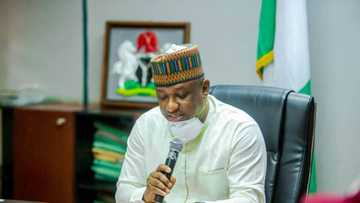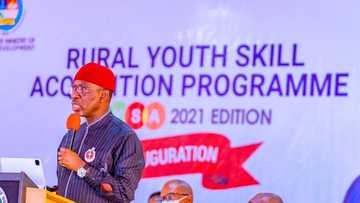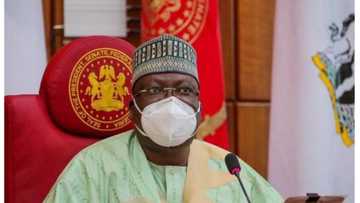Why Policy Implementation Fails in Africa, UI, PASGR, MCF Reveal
- Stakeholders have urged policy makers to include recipients at the inception of their progrmammes
- The plea was made by action-policy researchers from the Partnership for Social and Governance Research (PASGR) and their partners from the University of Ibadan and MasterCard Foundation.
- The experts said this in Ibadan at a workshop heralding a policy-based research project on youth resilience and aspirations during COVID-19 and beyond
UI, Oyo - Research stakeholders in policy making and implementation have said that the success of any public policy especially those affecting the youth lies in carrying along the beneficiaries of such policy in the planning and executing process.
Legit.ng reports that they blamed poor implementation of policies on the exclusion of the critical stakeholders who are the target of the project from the process.
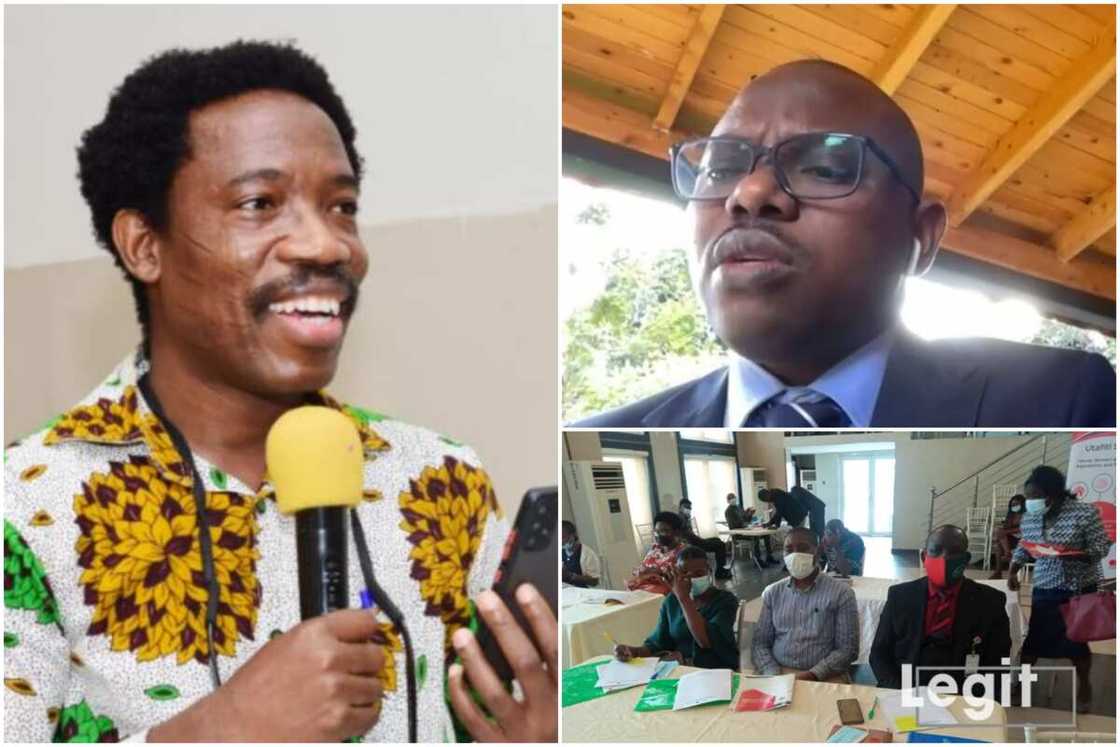
Source: Original
The stakeholders drawn from the Partnership for Social and Governance Research, (PASGR), University of Ibadan and MasterCard Foundation made the assertion in Ibadan, Oyo state capital at a workshop.
The meeting was meant to herald a policy-driven project titled; Young Women and Men’s Aspirations and Resilience: Prospects for Livelihoods, Employment and Accountability before, during and beyond COVID-19.
PAY ATTENTION: Install our latest app for Android, read best news on Nigeria’s #1 news app
The multi-country project workshop was attended by youth groups, youth advocates, youth entrepreneurs, government agencies.
While speaking at the event, the Nigeria country principal investigator and senior lecturer in the Department of Communication and Language Arts, University of Ibadan, Babatunde Ojebuyi, explained that the successive governments in Nigeria have formulated policies to address rising unemployment among Nigerians including the youth.
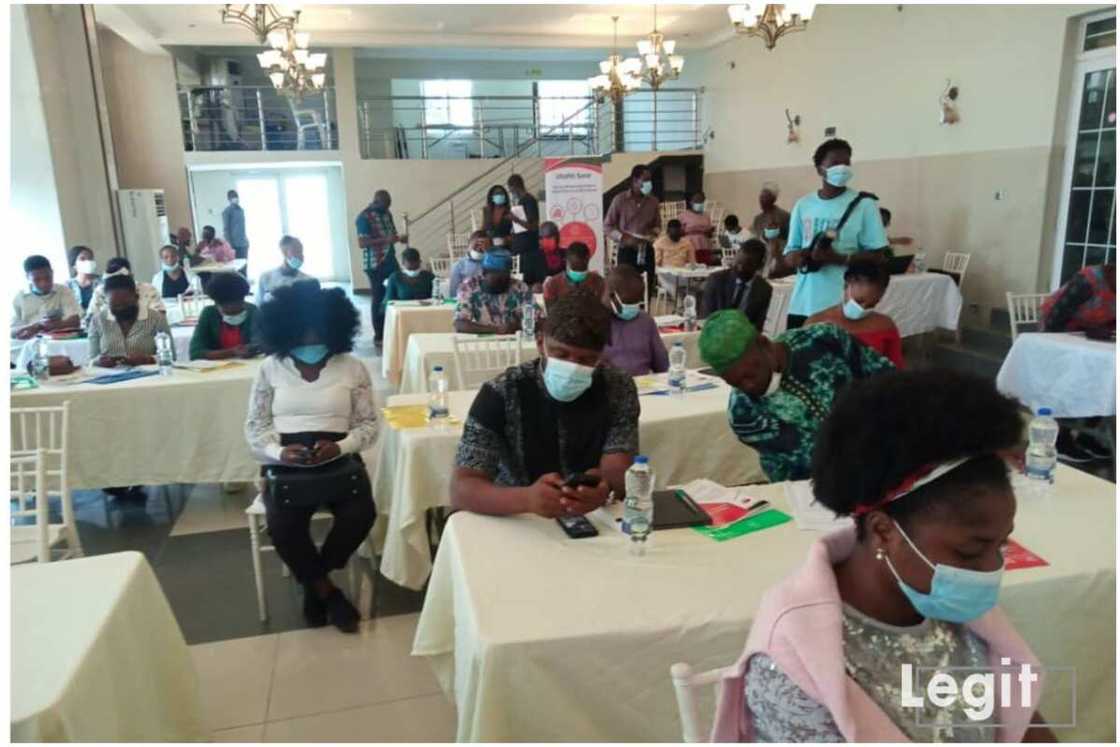
Source: Original
He, however, regretted that majority of these policies failed to address the targeted problems because the beneficiaries are always not included at the conception and formulation stages of those policies.
Problems facing youth will be addressed
In order to assist Nigeria in developing innovative evidence-based research approaches that will ensure and enhance policy outcomes for youths in the post-COVID-19 era, Ojebuyi hinted that the research team has invited the concerned stakeholders (youths) to speak on the problems and how best to address challenges facing the youth in realizing their potentials.
In his remarks, the representative of Governor Seyi Makinde of Oyo state, Victor Olojede who is also the special adviser to the governor on students’ affairs said the policymakers must carry the youth along right from the beginning of the policing formulation.
He said:
“Asides the fact that we constitute the largest part of the population, the youth has basic features that can be tapped into at any time to provide the best for the society at large. It is important to sit back and analyze these features and consider them while making policies.
"One very important feature of the young population is our resilience towards challenging issues both in our personal lives and in the society. It is this feature that can allow us to confront the realities we have just woken up to.”
In his speech, the executive director of PASGR, Anthony Mveyange, disclosed that the project is funded by the MasterCard Foundation and the lifespan is two years and a half.
Mveyange noted:
"It is being run across seven countries-Nigeria, Senegal, Kenya, Ghana, Ethiopia, Uganda and Rwanda. By 2023, we would be wrapping up. The project is to accommodate different nuances of different countries in Africa.
"Although this project is going on during the COVID-19 era, the project is not to provide funds for COVID-19; it is meant to generate evidence from the countries on how COVID-19 has affected the youth and what they want to do or are doing as a response during and after the pandemic, in order to survive the challenge. This evidence will be used to engage the policymakers to know what intervention to be designed so as to help African youth."
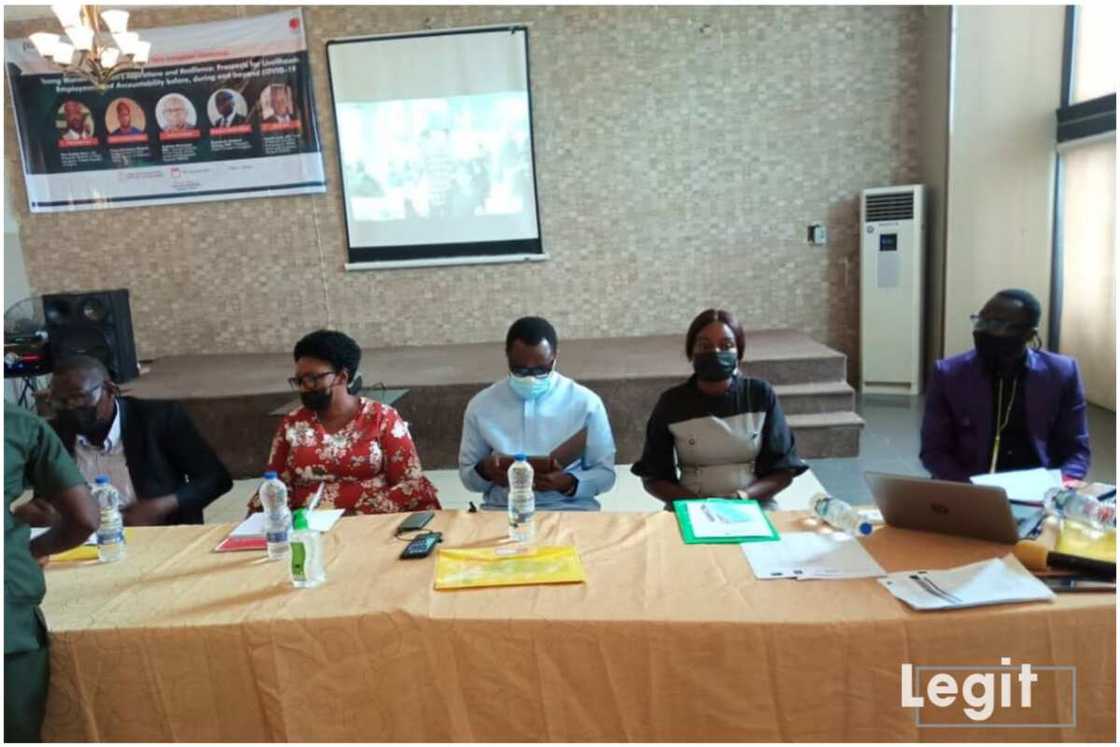
Source: Original
He said African demographics constitute a blessing and the otherwise, adding that it offers Africa useful youth to develop the continent.
Policy makers must engage youth to be productive
Mveyange, however, said that this requires a lot of effort from the policymakers to put in place employment, support systems to make these youth productive and contribute positively to the continent.
According to him, this is very important especially in Nigeria where the unemployment rate is 18% and two-third of the youth are unemployed.
Speaking on the essence of the workshop and the choice of Nigeria among the seven countries selected, the PASGR’s head of research team, Martin Atela, said the beginning point for every policy that is targeted at the youth should be to start with the youth.
Youth know what they want
He stated that the youth know what they want and doing without listening to them will make the policies die on arrival.
Atela said:
“Seven countries are involved in this project—Nigeria, Kenya, Ghana, Senegal, Ethiopia, Uganda and Rwanda—Nigeria was selected because it is one of the countries with the highest GDP and one of the largest economies in the world, apart from having youths who drive 21st-century innovations.
“So, our beginning point here is that, if you have to really formulate youth-friendly and youth relevant specific programmes and actions that address the need of the youth, then voices of the youth must be at the centre of the process.
"At PASGR, we strongly believe that the everyday experience of the youth and other categories of people makes important evidence used to engage our policymakers. That is why we have brought these stakeholders together in order to share with them our research programmes in order to draw from their experiences and understanding.”
The representative of the funding agency, MasterCard Foundation, at the event, Ayobami Ojebode disclosed that the foundation aimed to create 30 million jobs for young African women and men by 2030, noting that the essence of the project was to know the needs of the youth for the foundation to know which direction to create job opportunities.
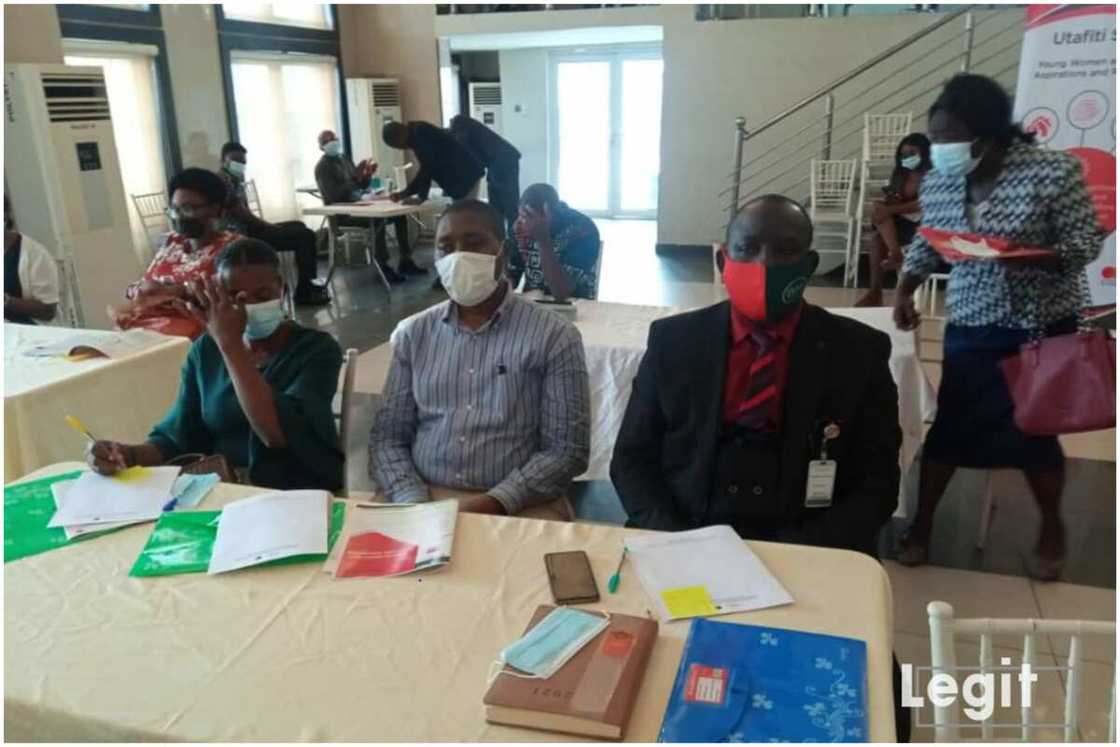
Source: Original
He, therefore, congratulated Ojebuyi and members of the research team—Oluwabusolami Oluwajulugbe, Oluwafunmilayo Aminu, Ridwan Kolawole and Seun Fategbe—and PASGR on a successful inception workshop.
Ojebode, who is of the Department of Communication and Language Arts, University of Ibadan, noted that the choice of PASGR and University of Ibadan was consequent upon their credibility and reputation to deliver on the research-to-action project.

Read also
Coca-Cola’s Project EQUIP Launches in Kano: Here Are 3 Areas the Initiative is Set to Tackle
University of Ibadan tops in NUC latest ranking
Meanwhile, Legit.ng had previously reported that Nigeria's premier University emerged top ahead of other tertiary institutions in Nigeria.
It was reported that this follows the release of the ranking of Nigerian Universities by the National Universities Commission (NUC) which was released this Monday, December 13.
The ranking was disclosed by the lead speaker, Prof Peter Okebukola at a capacity building workshop in Abuja.
Source: Legit.ng


